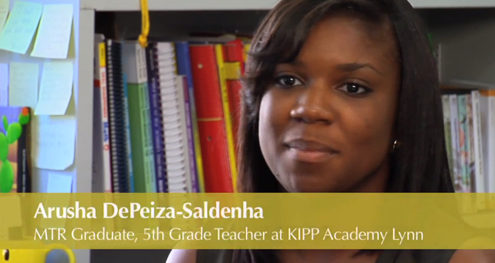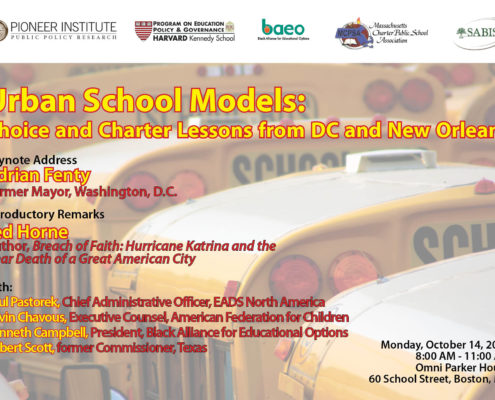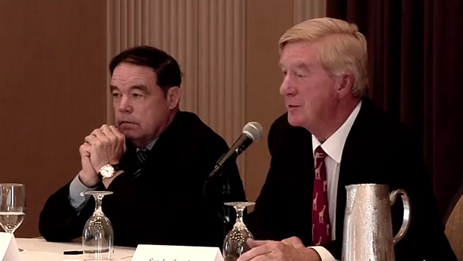Be informed, especially today
Pioneer Institute’s core mission is educating the public on policy issues. No issue is more important to the future of the Commonwealth – and our nation – than education. So, as you head to the polls, we’d like to make sure you are armed with facts – not noise. The ballot this year includes a question about whether charter public schools should be expanded in the lowest-performing districts.
- Charter public schools, like district schools and vocational-technical schools, are public schools.
- Gold-standard research demonstrates that Massachusetts charter public schools are the most powerful achievement gap-closing public schools in the nation. (More evidence here and here.)
- Districts do not lose funding as a result of creating more charter public schools. Currently, four percent of public school students attend charter public schools, and they receive four percent of the funding. Our research demonstrates that Massachusetts has the most generous reimbursement formula in the country.
- Attrition rates in charter public schools are below those in district schools.
- In 2011, charter public schools finally gained access to the same student lists that districts have had. Since then, charter public school enrollments for English Language Learners are equal to those in district schools.
- Statewide, special education enrollment at charter public schools is comparable to district schools. English language learners and students with special needs enrolled in charter public schools perform at higher achievement levels than their district counterparts.
- Finally and most importantly, the proposal to create up to 12 schools per year means it will take eight years to address the already existing charter public school waitlist of 32,000-plus children.
Voting is a civic duty. We thank you for taking your electoral decisions seriously.
Related Research


















